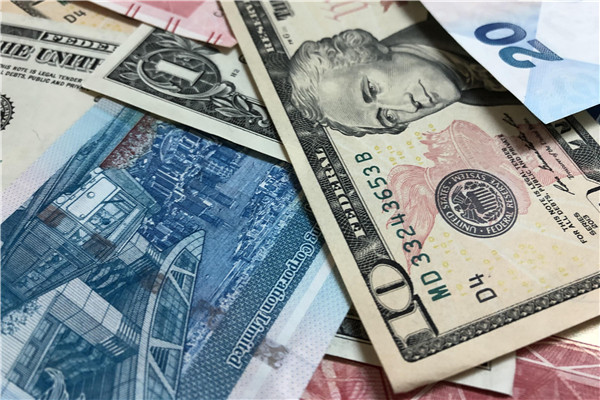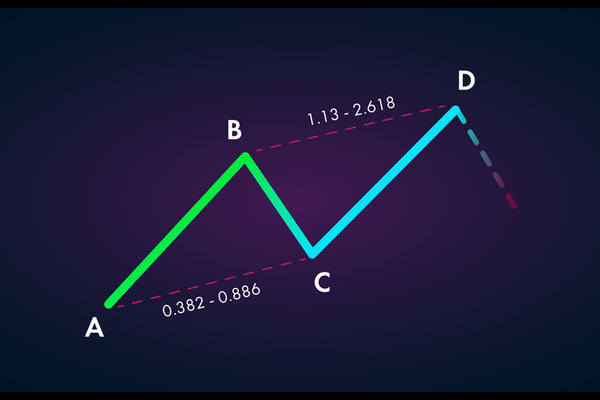What Is the Currency Board?
2023-06-19
 Summary:
Summary:
The establishment of a currency board system can effectively maintain the stability and credibility of a country's currency and ensure the healthy development of the economy.
The currency board system is an exchange rate regime where a government legislates that its local currency can be freely exchanged at a fixed rate with a specified foreign currency, and mandates the monetary authority to ensure this exchange obligation is met.

This system operates on two fundamental principles: firstly, the domestic currency is pegged to a stronger foreign currency, known as the anchor currency; secondly, the issuance of domestic currency is backed entirely by foreign exchange reserves, particularly those of the anchor currency. This ensures that the domestic currency can be exchanged for the foreign currency at the fixed rate at any time.
The responsibilities of the currency board system include monetary policy formulation, currency issuance, foreign exchange management, and financial regulation. Monetary policy formulation is crucial as it adjusts the money supply and interest rates to influence economic activity. Currency issuance involves managing the national currency supply to support economic development. Foreign exchange management ensures the country's foreign exchange reserves are managed effectively to maintain international payment balances. Financial regulation involves overseeing financial institutions and ensuring stability in financial markets.
Under the currency board system, the domestic currency is fully backed by foreign currencies. The currency issuing authority (whether the central bank or government) sets a fixed exchange rate with the anchor currency. This allows individuals and businesses to convert domestic currency into foreign currency at this rate upon demand. The currency board system extends from the fixed exchange rate regime.
Unlike other fixed or pegged exchange rate systems, the currency board system imposes strict and reliable commitments to maintaining fixed exchange rates. Monetary policy implementation under this system is automatic and independent of central banks or governments. In contrast, typical fixed exchange rate systems allow some discretion in monetary policy implementation, such as adjusting interest rates or currency printing. The currency board system offers advantages over other exchange rate targeting strategies: it restricts money supply expansion to conversions of foreign currency into domestic currency at the central bank and reinforces a strong commitment to fixed exchange rates, which can swiftly reduce inflation and mitigate speculative shocks effectively.







